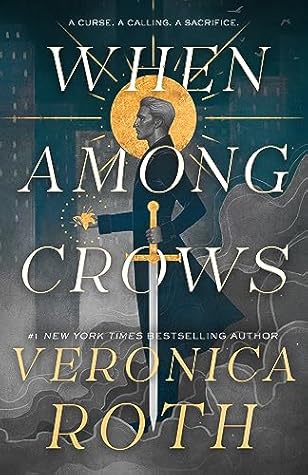More on this book
Community
Kindle Notes & Highlights
Kiedy wejdziesz między wrony musisz krakać tak jak one.* —Polish saying * When among crows, you must caw as one.
That kind of sacrifice creates a debt, and there’s nothing magic likes better than the great hollow of a debt.
The leszy has the body of a man stretched beyond its capacity—long arms that end in big, clawed hands; sturdy, split hooves; and a stag’s skull as a head. His staff is the size of a sapling. Moss grows on his broad, flat shoulders, and flowers bloom in his eye sockets.
“Like all of the old stories, there is a little truth and a lot of fancy.”
He can’t feel the weight of the name, but he thinks she can. A name is a gift, but a name is also a weapon. It makes him vulnerable to her. She can use it to find him, even to curse him. She could, in theory, give it to someone else on his behalf, but she won’t. If she did, its power would be lost; no one can use it against him unless he’s the one to hand it over.
He asks, “What will it take to convince you that I mean no harm?” “There’s nothing you can say or do that will convince me of that,” Klara says. “Men always mean harm. The question is simply ‘when’.”
There’s always sacrifice in building something that’s never been built before, and sacrifice creates a debt, and debts create a space for magic to rush
‘When among crows, you must caw as they do.’ Because we’re supposed to fit in among mortals. Mimic them.”
These three types of creatures—the zmora, the strzyga, and the llorona, or banshee—represent a trifecta, each consuming one of the primary negative emotions.
Almost all the strzygi in the room are women, and that’s no surprise. Dymitr’s father told him that Chicago was a city ruled by monsters, and all those monsters were women—strzyga, zmora, and llorona, each a legend of wronged women, sinful women, mysterious women. Tragic and powerful figures, all, not to be underestimated.
“Eternity is long, Dymitr. Time enough for hearts to soften.”


